Technical Program | upcoming deadlines
View Schedule Submit a Program Proposal Access to Speaker Center & Review Portal
The Conferences and Expositions Committee requests that proposed program submissions for conference technical programs consider ASHRAE’s commitment to Diversity, Equity and Inclusion when selecting speakers for programs.
Overview of Conference Tracks:
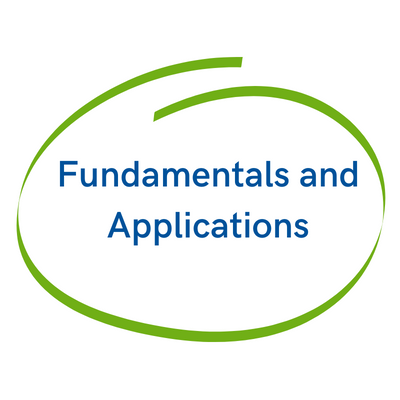
1. Fundamentals are the foundation for understanding applications in engineering. Key components of ASHRAE fundamentals include thermodynamics, psychrometrics, fluid flow and heat and mass transfer. This track provides opportunities for papers and presentations of varying levels across a large topic base. Concepts, design elements and shared experiences for theoretical and applied concepts of HVAC&R design are included.
Track Chair: Atilla Biyikoglu | abiyik@gazi.edu.tr
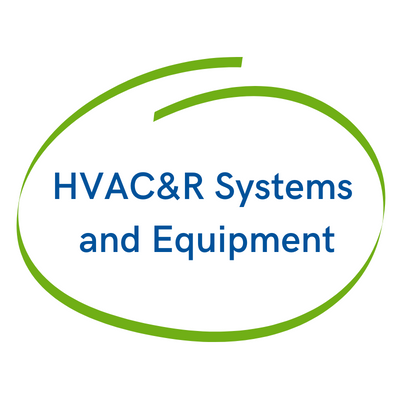
2. HVAC&R Systems and Equipment are constantly evolving to address the changing requirements of the built environment. Papers and programs in this track focus on the development of new systems and equipment, novel applications of existing systems and equipment, improvements to existing systems and equipment and the proper application and operation of systems and equipment.
Track Chair: Ng Yong Kong | nyk@nyk.com.my
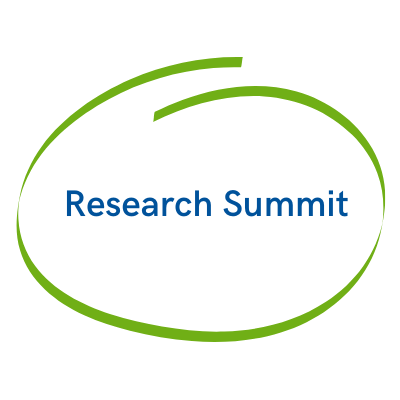
3. Active research, and the exchange of those research findings, are critical to the development of our HVAC&R industry and built environment. The 11th Annual Research Summit invites researchers to share those results, including ASHRAE-sponsored research and research of interest to the ASHRAE community. Researchers are invited to present papers, extended abstracts, seminars, forums or participate in panel discussions. The Research Summit includes a partnership with ASHRAE's archival journal, Science and Technology for the Built Environment.
Track Chair: Kristin Cetin | cetinkri@msu.edu
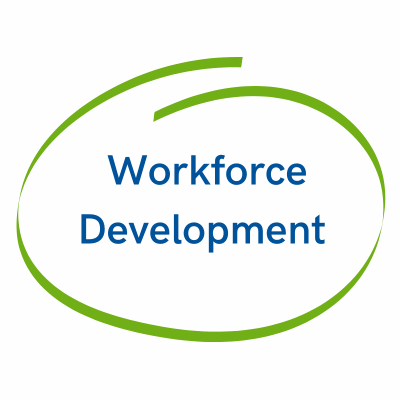
4. As members of a professional organization, we participate not only for the great value of technical exchange, but also the interpersonal exchange. We recognize that the single greatest strength of our organization is its membership. This track is designed to allow those professionals an opportunity to develop in the areas of presentation skills, leadership, team building, understanding various business operations, interpersonal skills, etc. The Workforce Development Track covers all aspects of business outside of engineering/technical applications and lends itself to interactive session types such as workshops and forums.
Track Chair: Ahmed Abdelsalam | ahmed.abdel-salam@usask.ca
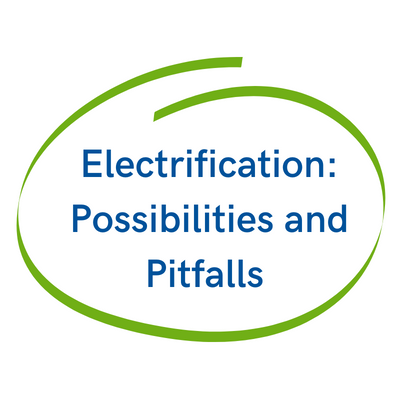
5. Global legislative efforts are pushing for full electrification of the building sector. This track features programs that explore the required technology to meet legislative targets and the seen and unforeseen challenges and consequences of rapidly electrifying the built environment in parallel with other sectors. Submissions are encouraged in the areas of relationships between electrification and decarbonization, electrification of space and water heating, building/grid interactions in a highly electrified environment, onsite energy generation and storage, district energy systems and all other areas related to the electrification of building systems.
Track Chair: Kevin Brown | kevin@kbsquared.net
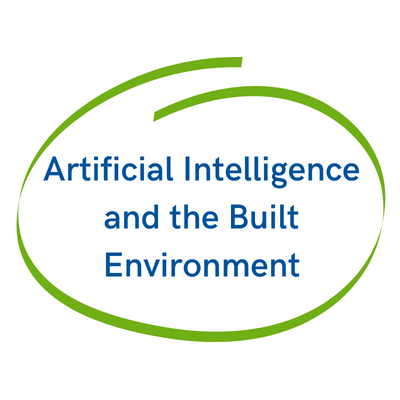
6. Artificial Intelligence and Machine Learning have the potential to transform how we design, optimize and operate buildings and equipment. From the automated design of heat exchangers to adaptive controls to the development of new working fluids, the possibilities are vast. This track highlights papers, case studies, and programs that separate the hype from reality and explore the possibilities of AI and ML tools for advancing technology for the built environment.
Track Chair: Vinod Venugopal | vinodpvgopal@gmail.com
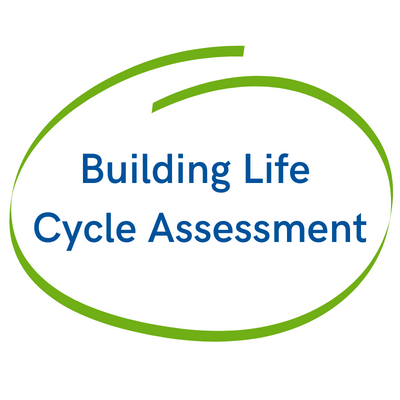
7. The explosion of computational capacity and data collection capability is rapidly expanding the scope, complexity, and practical applications of modeling and performance characterization both during design, construction, end-of-life, but even more so for fault detection, diagnostics, and operational optimization. These data can provide better insights on the whole life cycle impact of building construction and operation on efficiency and decarbonization goals. This track welcomes programs related to all aspects of building life cycle assessment, with a particular interest in successful applications that have extended modeling into operational phases of the building life cycle.
Track Chair: Money Khanna | khannamoney@gmail.com
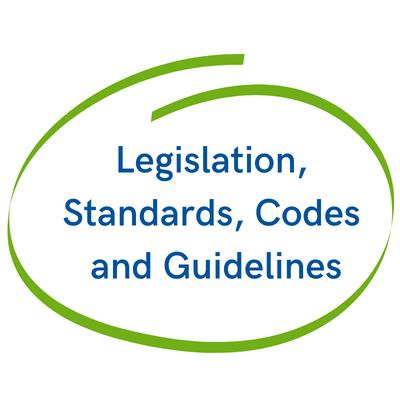
8. Legislation such as the US Inflation Reduction Act (IRA) of 2022 and global F-Gas regulations can dramatically impact the building sector by incentivizing different technologies and approaches to managing building energy systems. In addition, ASHRAE is well known for its standards and design guidelines and their continuous evolution to improve the built environment and its systems in terms of IEQ, resource efficiency and energy consumption. ASHRAE members must be able to keep up with the rapidly evolving legislative environment and prepare to inform future legislation, standards and codes. The programs in this track highlight recent changes and opportunities to inform new legislation, standards and guidelines and their impact on the buildings sector.
Track Chair: Cindy Callaway | cindy.callaway@p2sinc.com

Types of Presentations Presented
|
These sessions present both technical and conference papers. Conference papers are written on current applications or procedures, as well as papers reporting on research in process. These papers differ from technical papers in that they are shorter in length and undergo a much less stringent peer review. Technical papers cover current applications or procedures, as well as papers resulting from research on fundamental concepts and basic theory. Papers presented in these sessions have successfully completed a rigorous peer review. PowerPoint presentations with audio descriptions of the presentations are posted online in the Virtual Conference. Preprints of the papers are available to all attendees who have purchased a conference registration.
|
 |
|
Forums are “off-the-record” discussions held to promote a free exchange of ideas. Reporting of forums is limited to allow individuals to speak confidentially without concern of criticism. There are no papers attached to these forums.
|
 |
Debates highlight hot-button issues. Experts, either on teams or as individuals, present different sides of an issue in debate format. Each participant presents evidence for or against a specific statement or question such as ‘Is Sustainability Really Sustainable?”.
|
 |
Panel discussions can feature a broad range of subjects and explore different perspectives on issues in the industry. A panel may feature discussions about integrated project delivery among designers, builders and facility management professionals.
|
 |
Seminars feature presentations on subjects of current interest. Papers are not available from the Society; however, seminar PowerPoint presentations with audio descriptions of the presentations are posted online in the Virtual Conference. Access is free for attendees who purchase a conference registration. Seminars are available as a collection via subscription to the Technology Portal online and include video files synched with audio, audio files and PDF files of the presentations.
|
 |
Workshops enable technical committees and other ASHRAE committees to provide a series of short presentations on a topic requiring specific expertise. These short presentations are provided with an increased emphasis on audience participation and training in a specific set of skills. PowerPoint presentations with audio descriptions are posted online in the Virtual Conference.
|
 |



>> Upcoming Deadlines
- Wednesday, November 29, 2023 | CP Abstracts, and Paper Session Requests Due
- Wednesday, December 13, 2023 | Conference Paper Abstract Accept/Reject Notifications
- Friday, January 5, 2024 | Website Opens for Extended Abstracts and Seminar, Workshop, Forum, Debate and Panel Proposals
- Monday, February 26, 2024 | Debate, Panel, Seminar, Forum, Workshop, and Debate Proposals Due
- Friday, March 15, 2024 | Extended Abstract Paper Due
- Friday, March 15, 2024 | Full Conference Papers Due; Request for Conference Paper Sessions Due
- Monday, April 1, 2024 | Conference Paper Accept/Revise/Reject Notifications
- Monday, April 1, 2024 | Extended Abstract Accept/Reject Notifications
- Wednesday, April 10, 2024 | Revised Conference Papers Due
- Friday, April 12, 2024 | Debate, Panel, Seminar, Forum, Workshop Scheduling Notifications
- Wednesday, April 24, 2024 | Conference Paper Final Accept/Reject Notifications